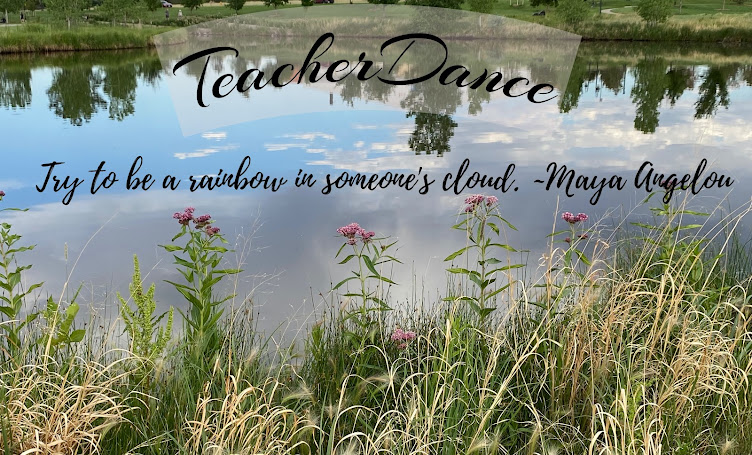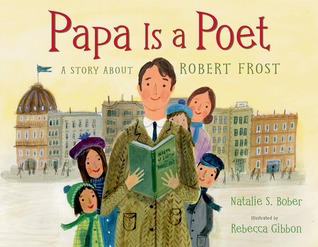 |
| art by Sarah S. Brannen |
Visit Alyson Beecher on Wednesdays for Non-Fiction Picture Books at Kidlit Frenzy. From her and others, you will discover and want to celebrate terrific nonfiction picture books!
Both the following books fill with words, in the stories and the illustrations! I am reminded of part of the poem "Eating Poetry" by Mark Strand,
"Ink runs from the corners of my mouth.
There is no happiness like mine.
I have been eating poetry. The rest is here!
I enjoyed the way Natalie S. Bober chooses Lesley, the oldest child of Robert Frost, to tell this story about their lives and about the life of her father. It begins with their arrival in NYC after spending over two years in England. Frost has been writing, has published two books in England, but that day he discovered that a U.S. publisher has bought his books, and they would pay him, too. He did not get paid in Europe and now he's making money as a poet! Leslie’s story is sprinkled throughout with her father’s words, when he went out into the fields, when he took the children out and taught them the names of all the flowers, when he told them about metaphor: “To think the country and not know/The hillside on the day the sun lets go/Ten million silver lizards out of snow!”
An author’s note, special quotations, and numerous poems are shared at the back. Illustrations are filled with details of happy times mostly out of doors. It’s a wonderful introduction to this favorite poet.
I recently discovered this older picture book about Pablo Neruda and beautifully illustrated with Julie Paschkis' illustrations. She has embedded his words into every possible aspect of the pages while Monica Brown writes of his love of so many things, the sea, rocks, children's play. She writes "above all things and above all words, Pablo Neruda loved people. He joined in with others fighting for justice for workers "who struggled for freedom". Pablo Neruda was a Chilean poet who won the Nobel Prize for Literature in 1971. In the author's note, Monica Brown shares that after Neruda's death in 1973, his poet friend Yevgeny Yevtushenko, wrote:
. . . he carries his poetry to the people
as simply and calmly
as a loaf of bread."






























